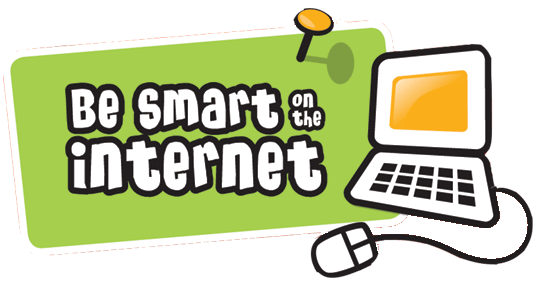E-Safety
 E-Safety at Highwood is an integral part of our computing curriculum and is taught across the curriculum rather than just as a stand-alone ICT lesson however, we should take every opportunity to remind our pupils about the importance of staying safe online.
E-Safety at Highwood is an integral part of our computing curriculum and is taught across the curriculum rather than just as a stand-alone ICT lesson however, we should take every opportunity to remind our pupils about the importance of staying safe online.
The pupils at Highwood are very lucky that they can use the Internet within a safe and controlled environment and learn a range of skills such as; Internet research, online programming and educational games.
However, children don't just access the Internet at school! With greater access to these, through ‘phones, devices, tablets, smart T.V.’s and computers, there are more chances that children may be exposed to content that could worry, distress or harm them. As parents and carers, there are steps we can take to make the Internet as safe a space as possible for our children.
Social Media



Did you know? The legal age for a child to have an account on; Facebook, Instagram, Twitter, Snap Chat, Twitch and Tik Tok is 13 years old. Advice is that children under this age should not have their own account.
However, it is very easy for children to make accounts, as age verification for accounts is very basic. This is why it is important to discuss Social Media with your children and regularly check what they are accessing.
Accounts held by underage children can be reported to the service provider. In most cases, this will lead to the account being shut down.
Online Gaming
Online gaming is huge, and so is in game chat, where children can message or speak to friends. Unfortunately, if games are not supervised, or children access unmoderated servers, then bullying, trolling, (comments designed to hurt and upset), griefing, (in game harassment and spoiling play) and, in the worst cases, grooming, (sexual, county lines) could take place. People can access these services and pretend to be children, or friends, to coerce and manipulate others.







DON’T PANIC! It may seem overwhelming, but there is advice and support on checking devices for security, ensuring children access services safely, and how to speak to your children about e-safety.
The websites below offer huge amounts of information and support for parents and families;
Childnet — Online safety for young people
Keeping children safe online | NSPCC
CEOP Education (thinkuknow.co.uk)
Parental Controls & Privacy Settings Guides | Internet Matters
Our Online Safety Newsletters are also a great source of useful information:
Online Safety Newsletter summer 2025

